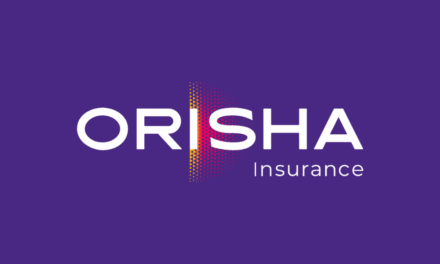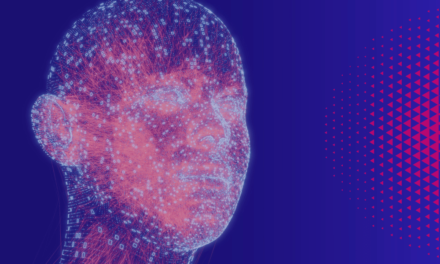Insurance, artificial intelligence and blockchain: what are the issues?
New technologies bring in their wake a multitude of opportunities for insurance companies. Artificial intelligence, In particular, suggests the possibility of processing and operating data without any human intervention. A real revolution, synonymous with operations optimization, time saving, but also improving customer relations.
However, this change also implies important responsibilities, which relate to both the decisions taken by insurers, the pricing of the offers and the Protection of personal data. The use of artificial intelligence must therefore be done in a reasoned manner, in compliance with certain guiding principles.
Thus, AI is not intended to replace humans, but to assist them. It must also be permanently supervised by humans, with a real concern for transparency. In addition, decisions motivated by artificial intelligence must be as equitable and objective as possible. Ultimately, AI can provide added value to services, but it must be framed and regulated.
In addition, many insurance professionals have a look sprayed on the blockchain. To record transactions transparent and securely, this system may well transform the entire value chain of the Bank-Assurance value. Between time saving, decreased risk of error and lower costs, this technology is extremely promising.
Just like AI and machine learninghowever, it raises many questions. The future of the trades affected by blockchain, for example, is at the center of the debates. Hence the importance of a reasoned approach, but also of a real planning to redirect employees to tasks with higher added value.
The benefits of blockchain and artificial intelligence for the insurance sector
Potential applications of Artificial intelligence in the Bank-Assurance are multiple, which explains the growing interest in this technology.
From risk to claims managementthrough the calculation of bonuses, AI automates many repetitive and time -consuming tasks. A time saving that allows employees to focus on more complex missions.
In terms of customer relationshiptechnologies related to artificial intelligence also have many advantages. Chatbots are able to respond 24 hours a day to requests from the insured, while the processing of emails can be significantly improved. As for data from Connected objectsas a smoke or fall detector, they can be analyzed automatically in order to trigger, if necessary, human intervention.
Concerning the blockchainit offers important profits for actors in insurance sector. It contributes to the dematerialization of the most tedious tasks, while making it possible to shorten the reimbursement times, thanks to the automatic triggering of certain guarantees. For example, in the case of an event cancellation guarantee, the compensation may be paid without any approach on the part of the insured. This results in a significant increase in customer satisfaction.
In addition, the blockchain is very effective in fighting against insurance fraud. The process of verifying customer identity, in particular, can be fully automated, based on the sharing of files in peer-to-peer (P2P).
Finally, used jointly with a artificial intelligence systemthe blockchain allows you to design services and insurance products Fully personalized. To do this, insurers can rely on an in -depth knowledge of their customers, their needs and their expectations, but also on the exchange of data with the various players in the sector.
Blockchain and artificial intelligence: the risks to be anticipated
The development of Artificial intelligence and blockchain in insuranceHe will not be without consequences: this is why it is essential to support change by anticipating the future revolution.
First of all, the boom in these new technologies will generate important recruitment needs for emerging professions: data scientist, data engineer, data analyst, data protection manager, etc. He returns to insurance companies to hire and manage these new profiles effectively in order to negotiate the turn.
Admittedly, the AI and the blockchain will bring out new professions, but the back of the medal should not be overlooked. Posts related to claims management, for example, could gradually lose in importance with the advent of ” smart contracts “. These intelligent contracts, capable of automatically performing a certain number of actions via blockchain, will have the consequence of reducing human interventions.
On the other hand, the professions ofcustomer relationship should play an increasingly central role in the years to come. While algorithms will be omnipresent in the daily management of operations, customers will appreciate all the more to have human interlocutors at their disposal.
By Orisha Insurance
Do you like this article? Share it!





